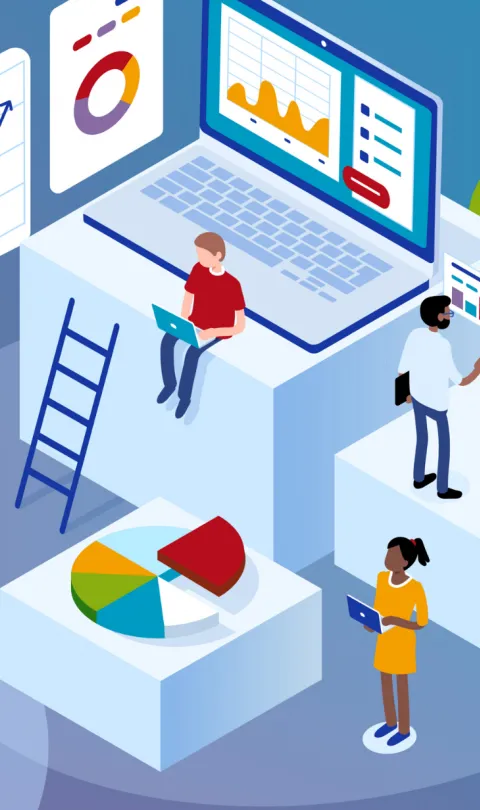Official statistics have traditionally taken the role of underpinning the success to the SDGs. However, with advances in technology alternative data sources such as citizen-generated data (CGD), mobile data, geospatial data, and big data have become increasingly relevant.
CGD is defined as data that is produced by organizations or people to monitor issues around them and to drive or demand change on issues that concern them. This approach platforms the opinion of citizens and can help to inform tailored policies that are responsive to the needs of citizens. CGD empowers citizens by engaging them in one or several stages of the data value chain–from production to analysis, dissemination, and use–on issues that matter to them. However, challenges relating to access, quality, production, and use remain. By following more rigorous standards, methods, and classification, CGD can be more easily used by NSOs and government decision-makers and systematically implemented by all data providers.
"Citizen-generated data in Kenya: a practical guide" responds to a call from civil society organizations in Kenya for guidance on producing quality CGD that adheres to rigorous standards and draws on key concepts related to official statistics. It reflects on case studies from CGD actors across the country and documents their approaches to generating data. While the guide was produced with the Kenyan context in mind, the issues addressed are cross-cutting in nature.
